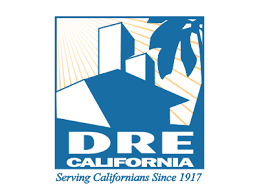|
Here are some of the more important HOA-related laws set to go into effect on January 1, 2024 (unless otherwise noted below) in California:
AB 1764 (Election Rules). Existing law allows HOA’s to impose various qualifications for individuals running for the board (e.g., disqualifying nominees who have lived in the association for less than a year or been convicted of certain crimes). AB 1764 will require HOAs to apply to the same standards used to disqualify a nominee to the sitting members of the board. AB 1572 (Potable Water). Starting on January 1, 2029, HOAs will not be permitted to use potable water to irrigate what is typically called non-functional turf (i.e., turf not used for recreational or pet use). AB 1458 (Adjourning Election Meeting for Lack of Quorum). The current law states that: (i) a quorum is required for election meetings only if required by law or by the governing documents; (ii) the notices for elections for directors (including recall elections) must be sent out at least 30 days before the ballots are distributed and must provide specific information about the election, including the date, time, and location of the meeting where the ballots will be counted. AB 1458 will amend Civil Code section 5115 as follows:
AB 572 (Limitations on Assessments). Starting on January 1, 2025, new associations made up of deed-restricted affordable housing with 20 or fewer units may not increase assessments beyond 5% (plus cost of living), but not to exceed 10% of the prior year’s regular assessment. AB 648 (Virtual/Electronic Meetings). The current law states that virtual meetings are permissible as long as there is also a physical meeting place attended by at least one board member. A limited exception was made during the COVID pandemic. AB 648 adds a new section to the Davis-Stirling Act (§ 4926) that states that under the following conditions, HOAs can hold purely virtual meetings, other than those where ballots are counted (i.e., doesn’t apply to election meetings):
0 Comments
|
Archives
July 2024
Categories
All
|
Locations |
KEYBOXDRE 02086236About Our Broker: Los Angeles native, with a Bachelor's and Master's from Stanford University.
California Real Estate Broker Exam Perfect Score. |
What Our Clients Are Saying"Keybox is a rare balance of both approachable and professional, always responds quickly and efficiently when I reach out, and I trust the Broker completely. Highly recommended!!" |

 RSS Feed
RSS Feed

